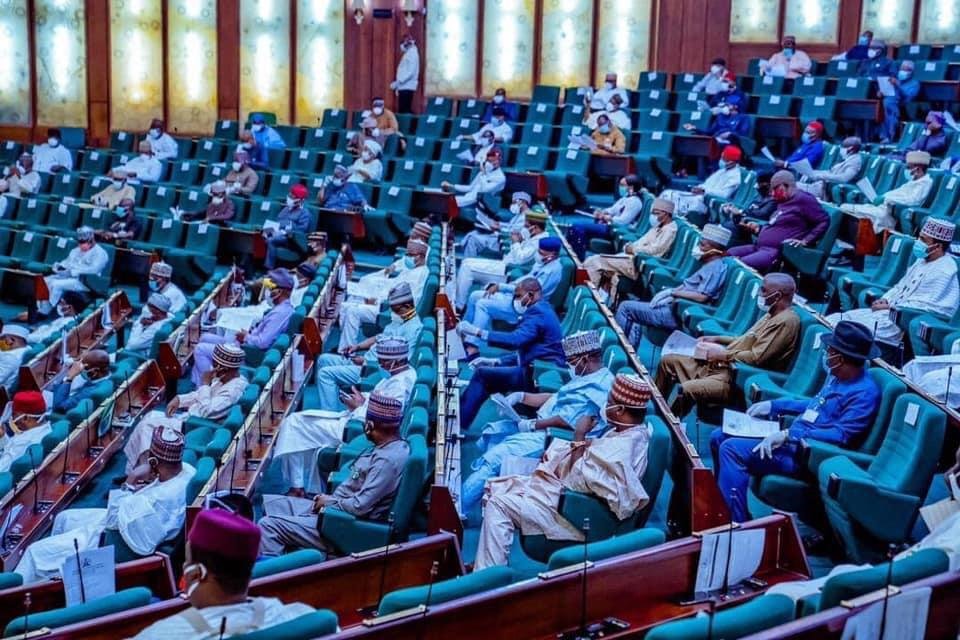The House of Representatives has said it will commence investigations into non-remittance of revenues to the federation account by the Nigerian National Petroleum Company Limited (NNPCL).
This followed the adoption of a motion moved on Tuesday, July 18, 2023, and titled ‘Need to investigate the non–remittance of due taxes by the Nigerian National Petroleum Company Limited into the Federation Account.’
The motion was moved by Uduak Odudo, a member of the Peoples Democratic Party (PDP) representing Ikot Abasi/Eastern Obolo Federal Constituency of Akwa Ibom State during plenary.
He noted that Section 162(1) of the Constitution of the Federal Republic of Nigeria, 1999 (as amended) provides for The Federation Account which receives revenues collected by the government of the federation except such that are exempted therein.
He stated that the said Federation Account belonged to the entire federation with the Federal Government (FG) tasked with keeping same in trust for the three tiers of government.
Odudo continued by saying the allocation of revenue, prescribed the basis for the distribution of revenue accruing to the federation account between the federal, state and local government areas in Nigeria.
“The NNPCL averred that the Federal Government owed it over N4trn of subsidy payments, power debt and other sundry charges and therefore would not remit until the debts are recovered.
“Note that the non–remittance accusation and counter accusation are tantamount to a calculated attempt to disrespect and downplay the collective intelligence of Nigerians,” the motion reads.
Odudo speaking further said, “The fate of the national development largely depends on how transparent and accountable relevant government agencies and corporate entities are in the collation, remittance and distribution of revenues solely acquired.
“Section 6 of the Allocation of Revenue (Federation Account, etc) Act, established the Federation Account Allocation Committee to among other functions, report annually to the National Assembly in respect of the function under the Act.”

